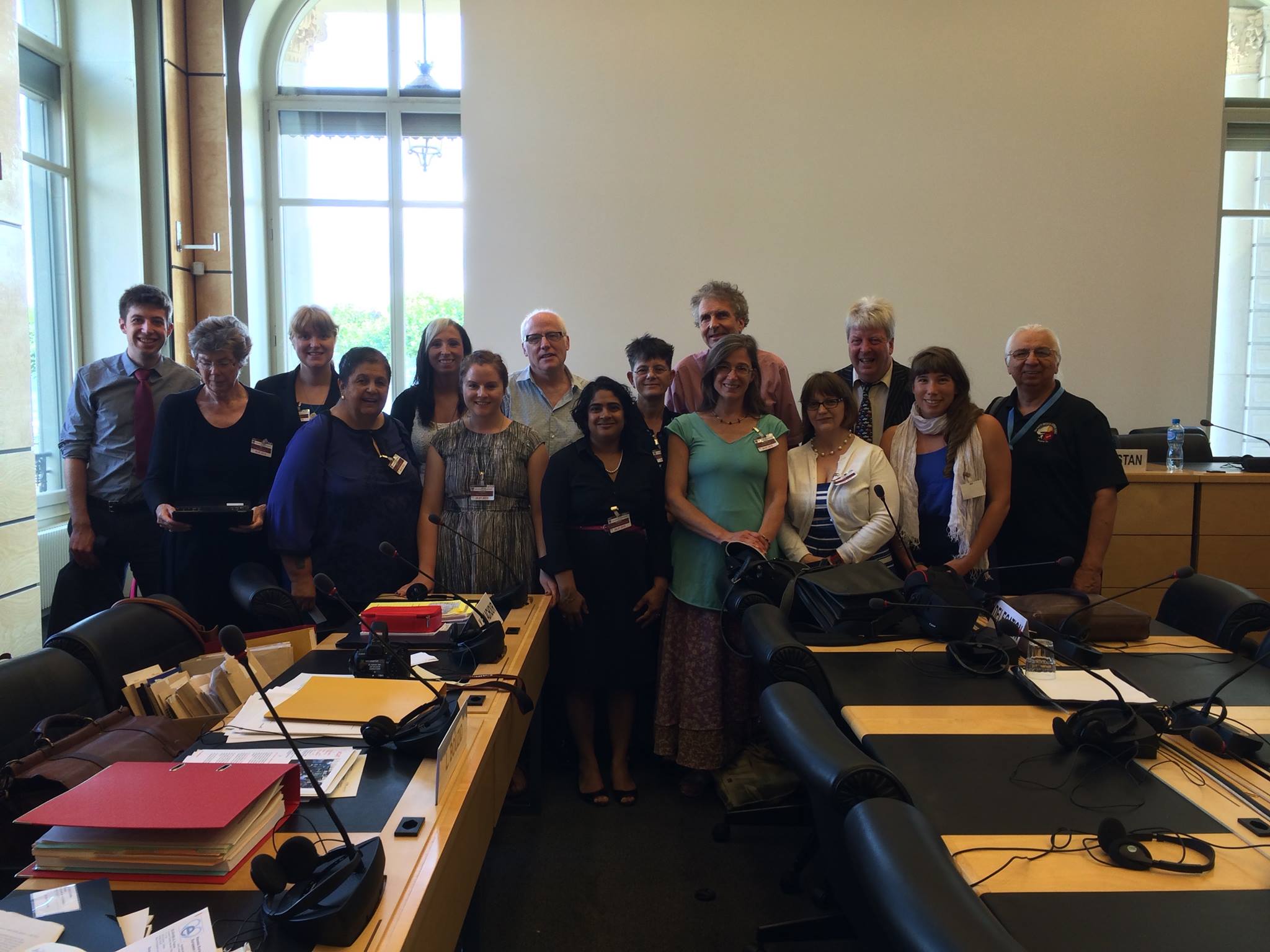Justin Trudeau will be sworn in as Prime Minister on November 4 and the question that seems to be dominating social media is whether or not he will appoint a First Nation person as the Minister of Aboriginal Affairs and Northern Development Canada (AANDC). Ever since contact, colonial officials sought out individual “Indians” to act…
Continue reading…about The Worst Thing That Could Happen is a First Nation Minister of AANDC
